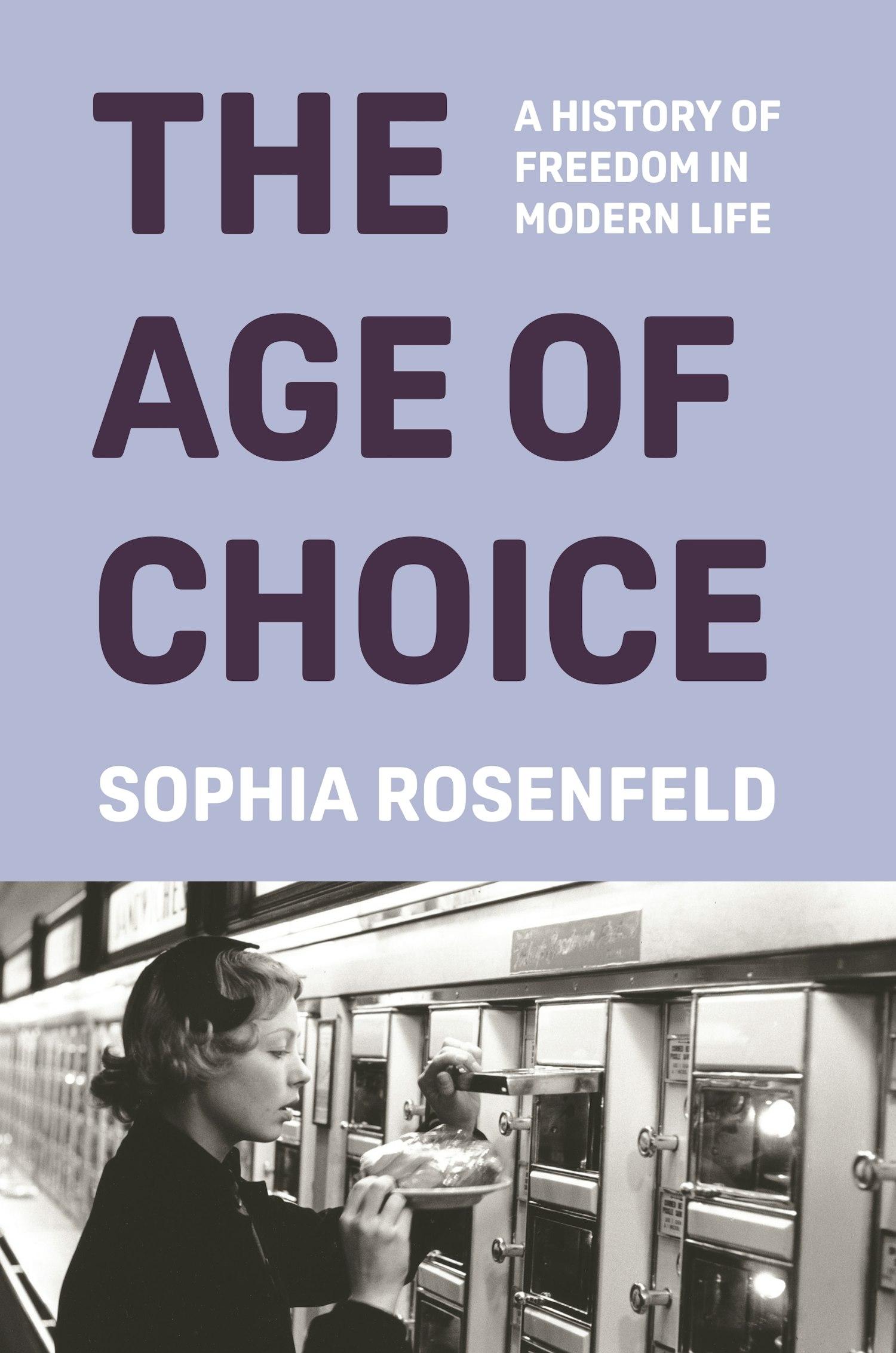For Rosenfeld, the first inklings of our choosiness could be glimpsed in Western Europe in the late 17th century. Picture a woman walking into a store that sells calicos, which were ornamental pieces of cotton from India printed with varied and colorful designs of flowers, birds, and the like. These were some of the first pieces of frippery available, sold at a price point that made them accessible to more than just the rich. No longer was the act of buying goods one of provisioning, asking for flour or butter from behind the counter. Now the products were on display, Rosenfeld writes, “hung from hooks inside shops or on the side of entranceways in enticing folds that stretched down to the floor in a simulation of women’s copious skirts.” This was not mere sustenance; it was seduction.
During the century that followed, choice exploded. Soon, sales catalogs laying out the choicest wares were read for pleasure, presenting opportunities to fantasize. A new style of eating establishment, by the 1790s exemplified in the Parisian bistro, offered expanding menus of meats and sauces and drinks in hundreds of possible variations.
The habits of mind that formed around these activities altered the way people thought about their lives. This is Rosenfeld’s central contention. But shopping was soon perceived to have a moral cost; it was seen, she writes, “as emancipatory and as selfish and indulgent.” An anxiety attached itself to choice even as the rituals of consumption were becoming ingrained—the coveting, the browsing, the haggling, the price comparison.
Shopping guides emerged to help guard against making bad choices. The Tea Purchaser’s Guide; or, The Lady and Gentleman’s Tea Table and Useful Companion, in the Knowledge and Choice of Teas, authored anonymously by “A Friend to the Public,” could be considered a kind of 18th-century Wirecutter. Such compendia were created to avoid choosing according to “fancy” or “whim,” two vices that made their appearance in novels of the time, as did a new stock female character: the coquette. This was the woman who exercises her power to choose by browsing extensively but also withholding a decision. She teases. As Rosenfeld emphasizes throughout her history, such excesses were often projected onto women, who were accused of causing “social and moral decay” through their frivolity and unexpected economic power.
The shopping revolution was as significant as the more obvious political revolts that occurred around the same time. The philosophers of liberalism and the authors of new constitutions may have provided a language for talking about individual freedom, but it was the consumer’s habit, in Rosenfeld’s framing, that eventually trickled down and transformed political systems into expressions of personal preference.
